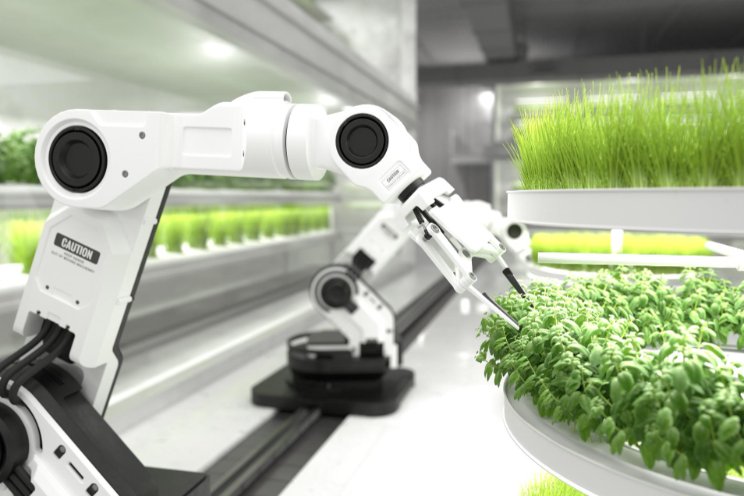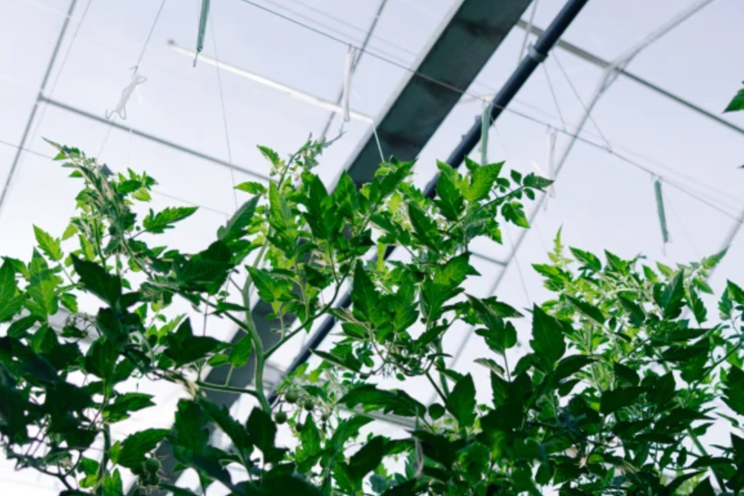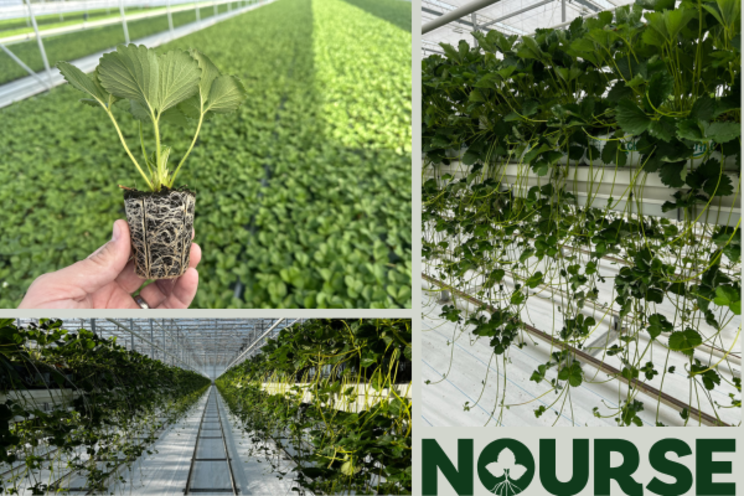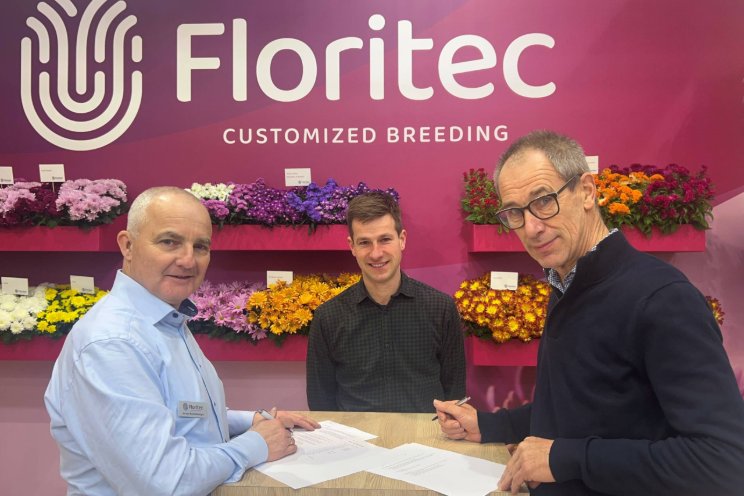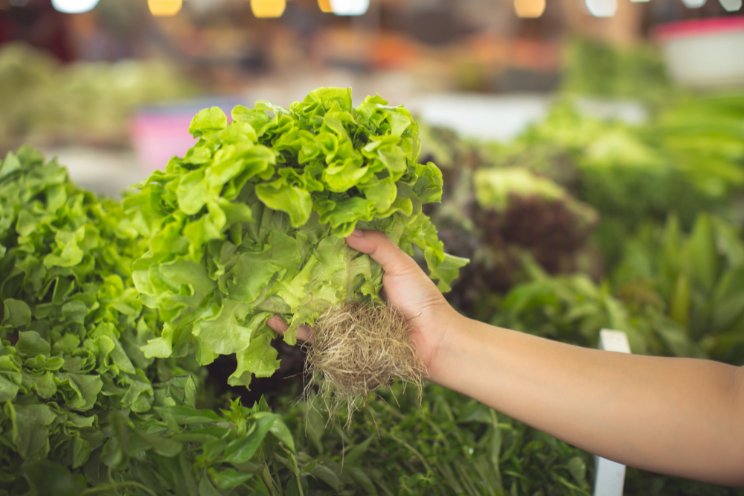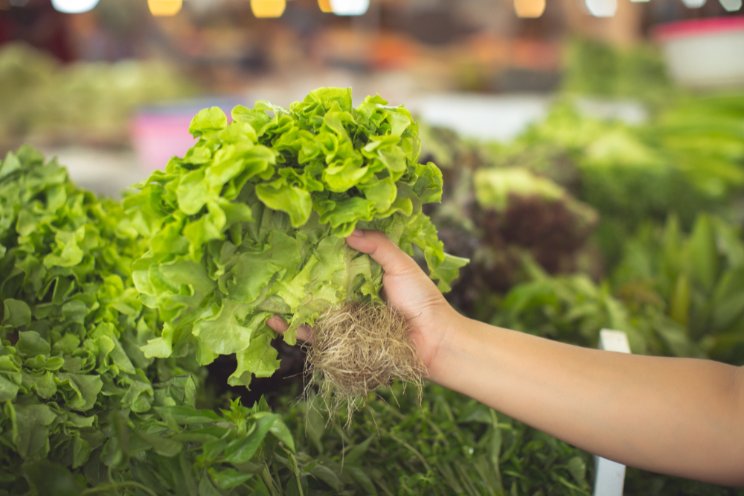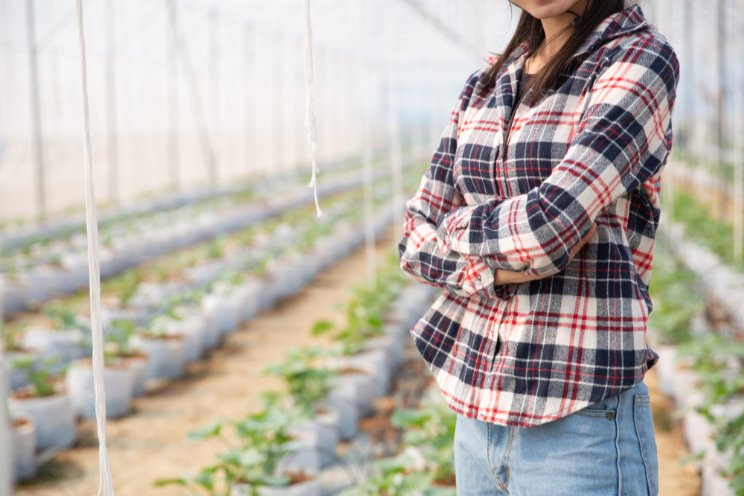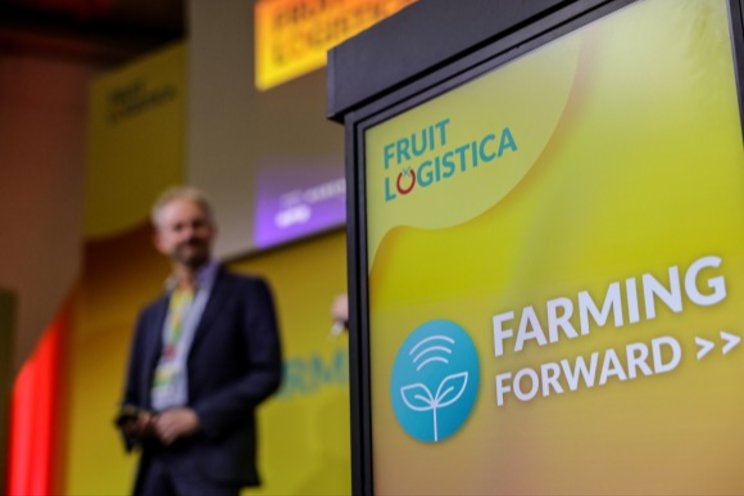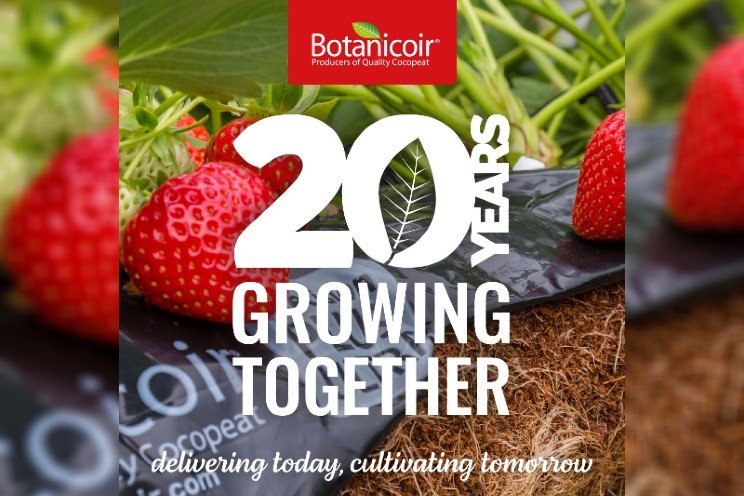Biopesticides: Bridging the gaps in the UK horti market
Added on 23 September 2024
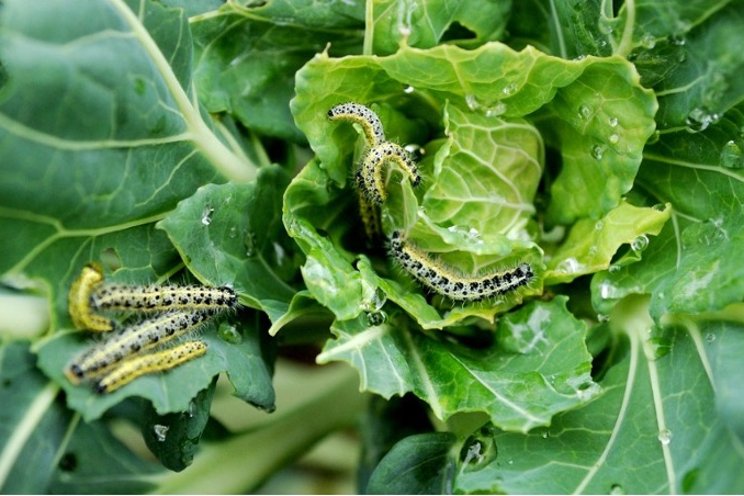
The UK Horticultural Market: Current Challenges
The UK horticultural market is facing significant challenges related to the over-reliance on synthetic agrochemicals. While these chemicals have boosted yields for decades, their long-term impact on soil health, water quality, biodiversity, and pest resistance is concerning. The widespread use of certain pesticides has led to pest and disease resistance, rendering these chemicals less effective. Growers now find themselves in a precarious position, needing to apply increasingly toxic chemicals or risk substantial crop losses.
Among the critical crops affected by pest and disease resistance are:
- Strawberries and soft fruits: Common pests such as aphids and spider mites have resisted pyrethroid insecticides, forcing growers to rely on more harmful chemicals like neonicotinoids.
- Brassicas: Cabbage stem flea beetles have become resistant to several insecticides, including organophosphates, leaving growers limited options.
- Potatoes: Potato blight remains a significant issue, with resistance emerging against widely used fungicides like metalaxyl.
The growing resistance of pests and diseases to synthetic chemicals has increased interest in Integrated Pest Management (IPM), where biopesticides can play a critical role. However, the UK market for biopesticides remains underdeveloped, mainly due to a regulatory framework that has been slow to adapt post-Brexit.
Post-Brexit Regulatory Landscape: A Barrier to Biopesticides?
The UK regulatory environment for pesticides, including biopesticides, remains primarily based on the EU's regulatory framework. Post-Brexit has created delays in approving new biopesticide products as the UK continues to follow a complex and lengthy registration process inherited from the EU. The result is that UK growers are being denied access to innovative biopesticide solutions that could help mitigate pest and disease resistance in critical horticultural crops.
For example, several microbial and biochemical biopesticides that have proven effective in other regions, such as the EU and North America, are still awaiting approval in the UK. These include:
- Trichoderma-based products: Widely used in other regions to combat soil-borne diseases, these products remain unavailable to UK growers due to the slow approval process.
- Beauveria bassiana: This fungal biopesticide, effective against pests like whiteflies and aphids, is still not registered in the UK despite extensive use across Europe and Latin America.
- Spinosad: While registered for limited use, this natural insecticide is not yet fully available for the range of horticultural crops that could benefit from its application.
The UK's post-Brexit regulatory system has introduced additional complexities. The country must now navigate its internal processes while still contending with the legacy of the EU's regulatory framework. Despite the UK government's promises to streamline the biopesticide approval process, progress has been slow, leaving many growers reliant on synthetic chemicals that no longer provide effective pest control.
The Role of Biopesticides in Filling the Gaps
Biopesticides offer a viable solution to many challenges in the UK horticultural market. Derived from natural sources, such as microorganisms, plants, and minerals, biopesticides present lower risks to human health and the environment than traditional synthetic chemicals. They can target specific pests and diseases without harming beneficial organisms, making them ideal for use in IPM strategies.
Several biopesticide products have the potential to address key pest and disease challenges in the UK:
- Bacillus thuringiensis (Bt): A microbial insecticide that targets caterpillars, including those affecting brassica crops. Bt is widely used in organic farming and effectively manages resistant pests.
- Azadirachtin (Neem): A plant-based insecticide offering broad-spectrum pest control. Widely used in organic farming systems globally, it could help address the growing issue of aphid resistance in the UK's fruit and vegetable sectors.
- Metarhizium anisopliae: Effective against soil-dwelling pests like vine weevils, this fungal bioinsecticide is particularly useful for ornamental plants and certain horticultural crops.
The Future of Biopesticides in the UK
To fully realise the potential of biopesticides in the UK horticultural market, several key steps must be taken:
- Regulatory Reform: The UK must avoid the slow, EU-based regulatory processes hindering biopesticide registration. Faster, more efficient approval pathways can help bring innovative biopesticide products to market sooner, supporting growers in transitioning to sustainable crop protection methods.
- Increased Investment: As global investment in biopesticide research and development grows, the UK must also increase its investment in this sector. Public and private partnerships can help drive innovation, bringing new products to market that address specific pest and disease challenges in UK horticulture.
- Farmer Education and Support: Many UK growers are unfamiliar with the benefits of biopesticides or are hesitant to switch from synthetic chemicals due to concerns over efficacy and cost. The government can help build grower confidence in these products by increasing field demonstrations and offering financial incentives for adopting biopesticides.
- Market Access: Improved access to the UK market for biopesticide products developed in other regions would allow UK growers to benefit from advances in biocontrol technologies. Greater alignment with international regulatory frameworks and faster approval processes are crucial.
Conclusion: A Sustainable Future for UK Horticulture
Biopesticides can potentially fill the gaps left by synthetic agrochemicals in the UK horticultural market, addressing the growing pest and disease resistance issue while promoting sustainable farming practices. However, the UK's regulatory system must evolve to allow for the faster approval of these products, and significant investment is needed to support the development and adoption of biopesticides.
With the right regulatory reforms, increased market access, and more significant investment in education and infrastructure, biopesticides can be crucial in ensuring the future sustainability and productivity of the UK horticultural sector.
More news

